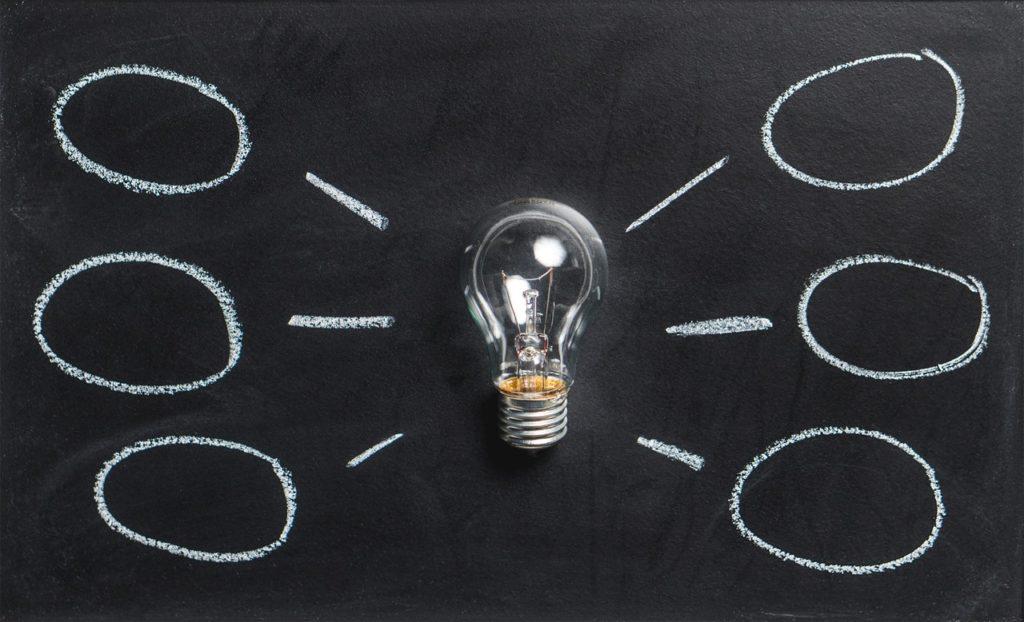Japanese Financial Watchdog Reveals New Requirements for Crypto Trading
In the latest news, Japan’s financial watchdog is looking to up the ante in the crypto-trading industry. Called the Financial Services Agency (FSA), it has already laid out another set of regulatory stipulations for the country’s domestic crypto exchanges.

Official reports state that the regulator wants to intensify its efforts in order to prevent the infamous January incident. It was none other than the $532 million hack of crypto exchange called Coincheck, which was by far the biggest single exchange hack in the history of cryptocurrency.
Identifying Risks
According to an FSA source, the agency is meaning to identify any potential risk in advance, though it has been a challenge as of late. This is due to the fact that the agency, albeit being honest about it, has no better understanding or know-how. The source even pointed out that they have been “feeling our way through the dark,” particularly on how they should be checking these various aspects.

Interestingly, the new framework offers investor protection measures and even attempts just to rehaul every exchange. This means that, in one way or another, every exchange will undergo a process of monitoring all customer accounts. And to guarantee a safeguard, this will be done multiple times throughout the day.
The Process
FSA will introduce a process that will check all exchanges for suspicious fluctuations. It will also manage client assets separate from those of the exchange and, more importantly, store all crypto holding on an offline system. In addition, the process will be designed to allow these exchanges to face a much stricter anti-money laundering (AML) measures, which will demand customer checks, including ID verification and multiple-password protection, especially for large transfers.

These measures also mean that all government-registered exchanges will now be facing much tighter restrictions. It can be likened to a ban on the trading of anonymity-oriented activities, such as Monero (XMR) and Dash (DASH).
The financial watchdogs will be deploying inspectors to operators – be it new or existing – so as to check compliance with the said measures. Apparently, a new self-regulatory body, tasked for Japanese exchanges, has already been convened last month. It will provide assistance to all domestic operators, most of which have buckled due to escalating pressure from FSA.
The measures used were on-site flash inspections, penalties, and temporary suspensions. Sometime in April, the international crypto exchange called Kraken announced that it would soon be ending its services in the Land of the Rising Sun. It cited rising costs of business as the main culprit.

